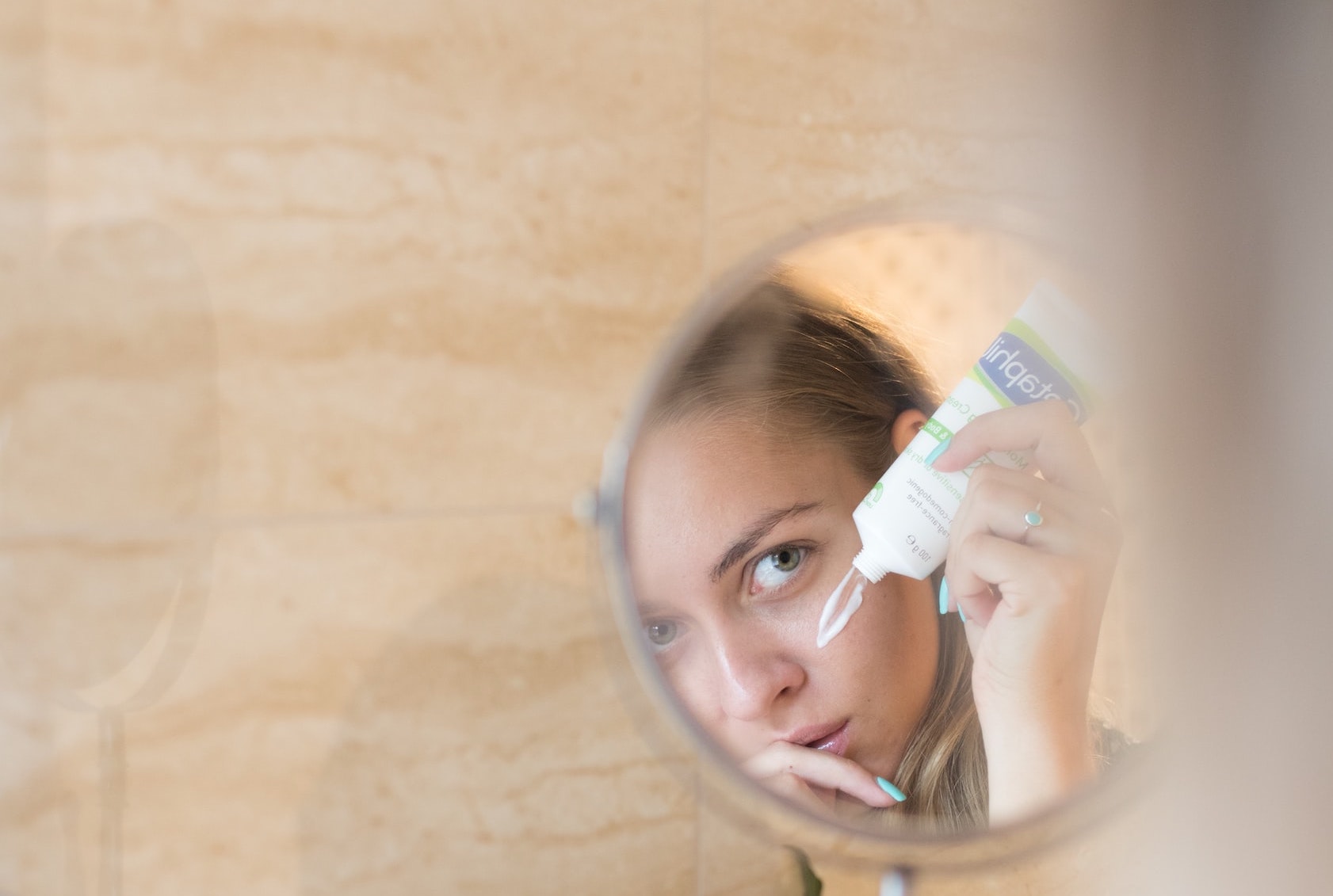The French Agency for Food, Environmental and Occupational Health & Safety (ANSES) has recommended a ban on the use of Octocrylene, a UV filter commonly used in sunscreens to protect the skin from sunlight, due to its negative impact on the environment.
In coral, Octocrylene has been shown to accumulate in the form of fatty acid conjugates and trigger mitochondrial dysfunction. A 2021 study also pointed to its degradation into benzophenone over time in tested commercial products.
ANSES believes that banning the substance is the only way to reduce its presence in the environment and mitigate its harmful effects on ecosystems and requested the French government the ban on sunscreens.
WHAT NOW?
ANSES now has to wait for the French government to take its recommendations to European level, for a final decision.
The French Federation of Beauty Enterprises (FEBEA) quickly reacted by stressing that the safety of Octocrylene has been duly assessed by the Scientific Committee on Consumer Safety in 2021 and considered as safe at concentrations up to 9% (propellant sprays) and 10% (other products).
The cosmetics industry is working within the International Collaboration on Cosmetics Safety (ICCS) to develop a standardized calculation model for the exposure of the marine environment to sunscreens. Once developed, the method will be made available to cosmetic brands, public or private research organizations, and regulatory agencies. The model is expected be finalized by the end of 2023.
References:
Scientific Comittee on Consumer Safety (SCCS) – Final Opinion on Octocrylene, 2021





